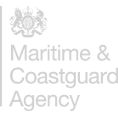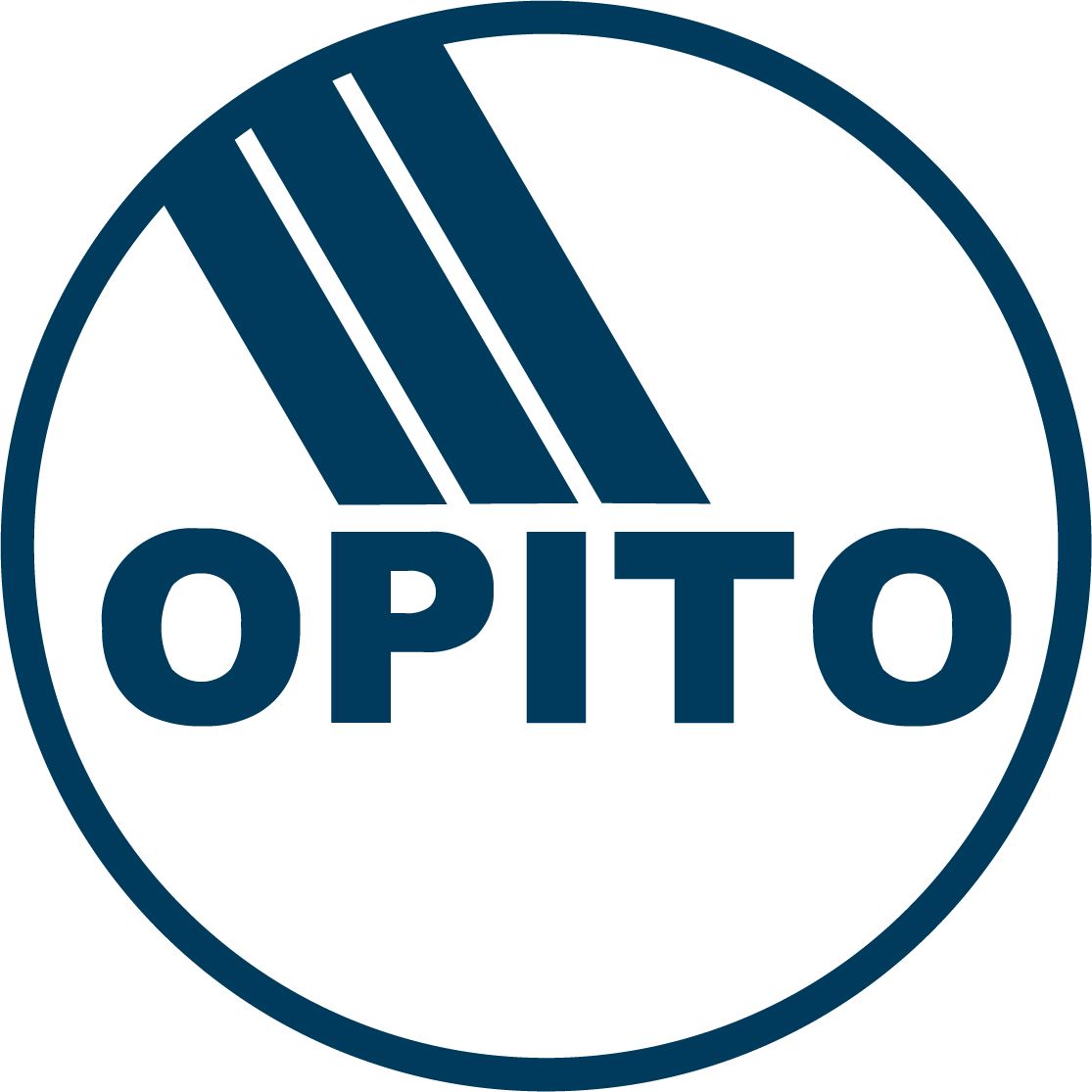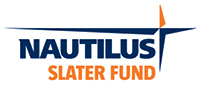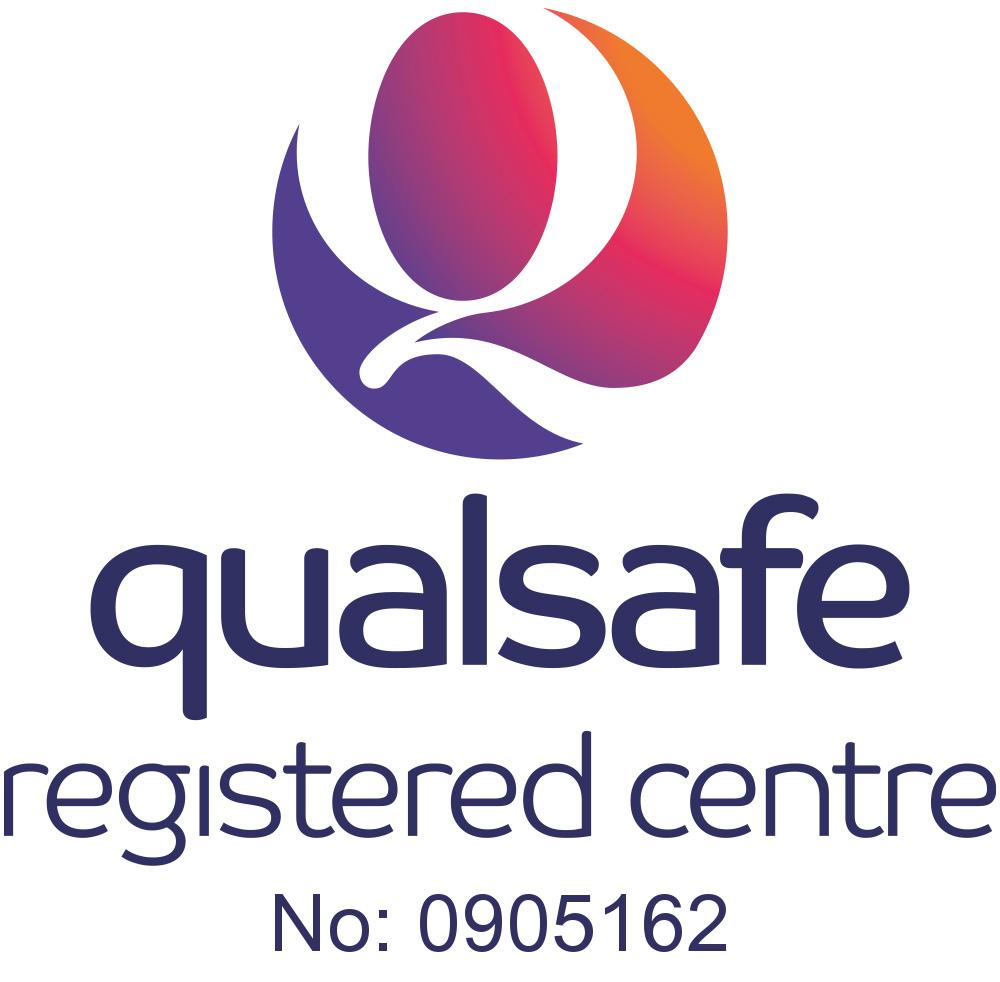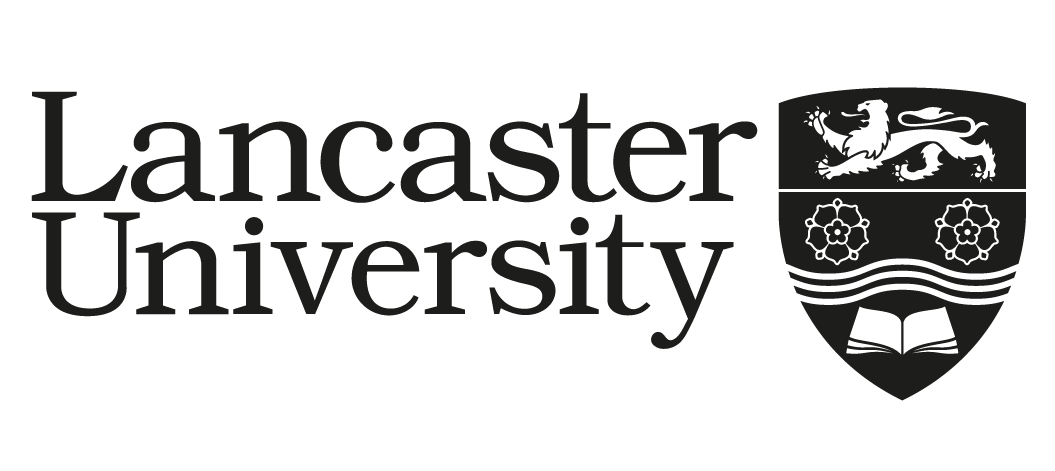A life on the ocean wave… in style!
Published on 19/09/2024 by CMCKE
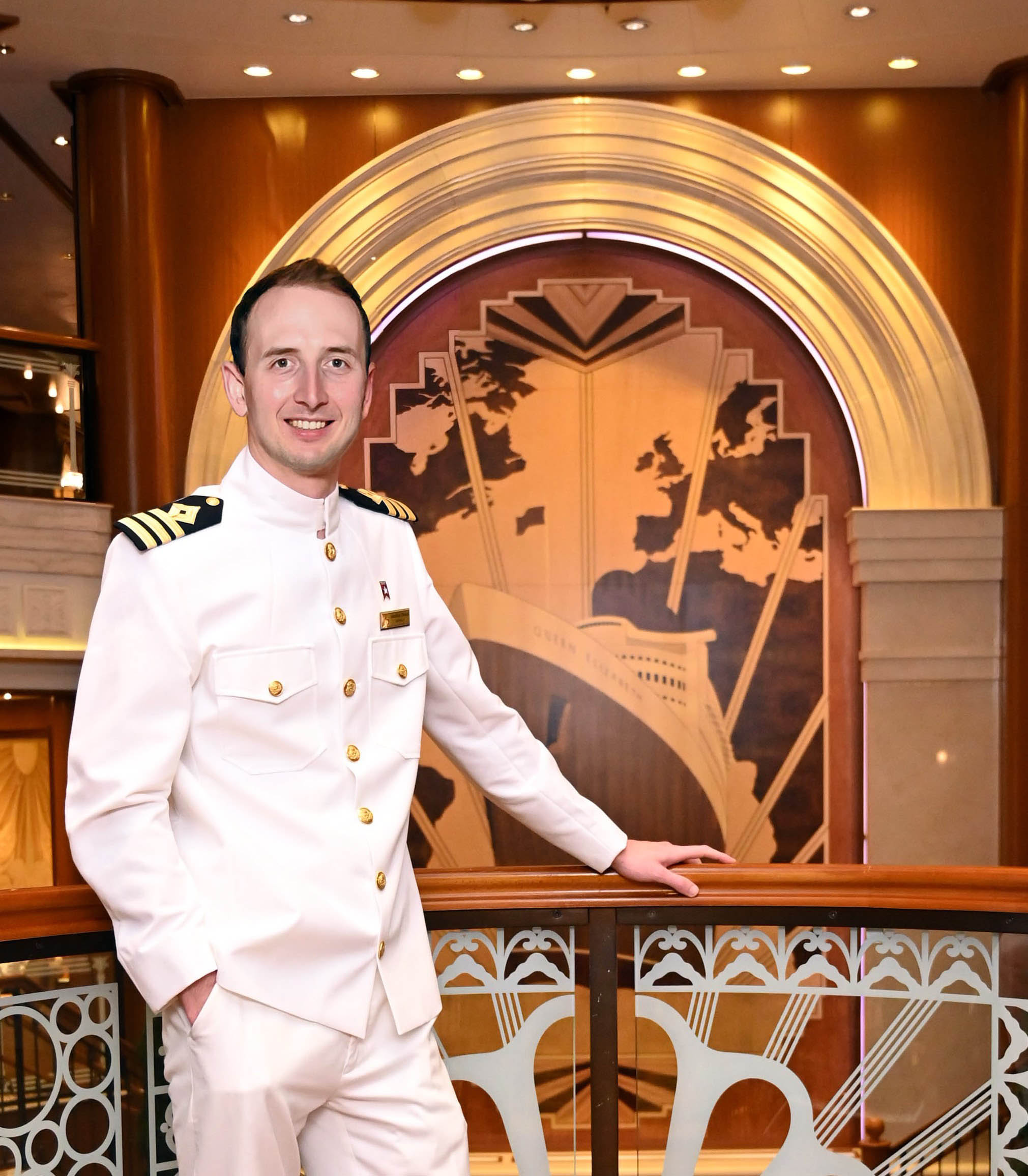
The latest ‘Queen’ in the Cunard fleet Queen Anne, was in Liverpool on 3 June for her naming ceremony. Part time Maritime lecturer and full-time seafarer Jonathan Davies is First Officer aboard the ship and we caught up with him to find out more about the ship and how he came to work on her.
How did you come to work on this ship?
I began my career at sea by completing a cadetship at Fleetwood Nautical Campus where I was sponsored by James Fisher & Sons. After qualifying as an Officer of the Watch I joined Carnival UK as a Third Officer, working with P&O Cruises and Cunard Line. Having returned to Fleetwood to complete my Chief Mates and then later my Masters certification I progressed to the rank of First Officer.
During the build of Queen Anne I was chosen to join the project as First Officer and my association with the ship began during her construction at the shipyard in Italy.
What are your day to day duties?
As First Officer and Bridge Manager I am responsible for voyage planning, navigation, bridge operations and all watchkeeping deck officers and quartermasters. As a senior watchkeeper I am responsible for the safe navigation of the ship, frequently being involved with arrival and departure evolutions in ports around the world.
Additional duties away from the Bridge include overseeing maintenance standards, conducting rounds of the vessel and supporting safety inspections, audits and exercises.
What are the perks from working on a cruise ship?
The perk that everybody thinks of is seeing the world. Whilst this can be true, and I have been lucky to visit so many places, there’s a lot of work and time commitments that you have to manage first. But this career, and cruise ships in particular, offers so many other advantages too. My rotations of three months on, three months off mean that I not only get to travel but also enjoy prolonged periods of leave and time at home.
The career path within the cruise industry is a clearly defined one. With job security and distinct ranks to work towards it is easy to set long-term career ambitions as well as shorter ones. Study-leave programmes also exist, allowing you time to work towards professional qualifications as your career progresses. This also opens opportunities to move to a shore-based role, either within the cruising sector or wider shipping industry in general.
Whilst working at sea can be a very different experience, working on a cruise ship can provide a closer sense of normality than some other sectors. With thousands of people on board there’s always someone to talk to, the ships are in port most days so you never have to wait too long to step ashore and as an officer you may be given certain privileges to enjoy the passenger spaces on board.
Depending on a ship’s itinerary and time spent working outside of the UK it can also be possible to claim tax relief on what you earn. This isn’t always guaranteed but could definitely be considered a perk.
The cruise industry is an ever-growing one, having expanded almost every year for the past 30 years. This growth is predicted to continue over the coming years and one effect of this is the secure employment and opportunity for future promotion within the sector, helping to make this a solid career choice.
Where have you travelled to in your career?
My time working on oil tankers was spent operating trading patterns around the British Isles and Northern Europe. Entering the cruise industry opened up more regions and over the course of ten years I have now circumnavigated the world visiting destinations including the Caribbean, the Arabian Gulf, Australia, Japan and Alaska.
Best place you’ve been with work?
The Caribbean was the first long-haul destination that I travelled to whilst working at sea and is a place that I have been fortunate to return to. It feels like a different world when you first arrive, whether stepping off an aeroplane or down a ship’s gangway. Each island has its own distinct identity and different places to explore.
My time with Cunard has allowed me to travel even further afield. Alaska is unmatched for its landscapes, wildlife, and natural wonders. Australia is different again and the sail-in to Sydney is one of the world’s best arrivals.
What are the best things about your career at sea?
Working at sea has provided opportunities to not only see parts of the world that I may not otherwise have visited, but also to meet and work with people from many different countries, cultures and backgrounds. It becomes more than just a career, but a way of life different to anything on land. The working environment provides endless learning experiences and opportunities for career progression, job security and a work-life balance that in many cases provides equal time at home to time at sea.
What would you say to anyone considering a career at sea?
A career at sea is rewarding but does require dedication and commitment. The day-to-day life on board the ship can involve long hours for a prolonged period of time — there’s no days off at sea. The way of life that it becomes though is varied, challenging, enriching and enjoyable.
If you are interested in a life at sea in the Merchant Navy, find out more at Maritime Landing Page | Fleetwood Nautical Campus (blackpool.ac.uk) or Home — Careers At Sea



